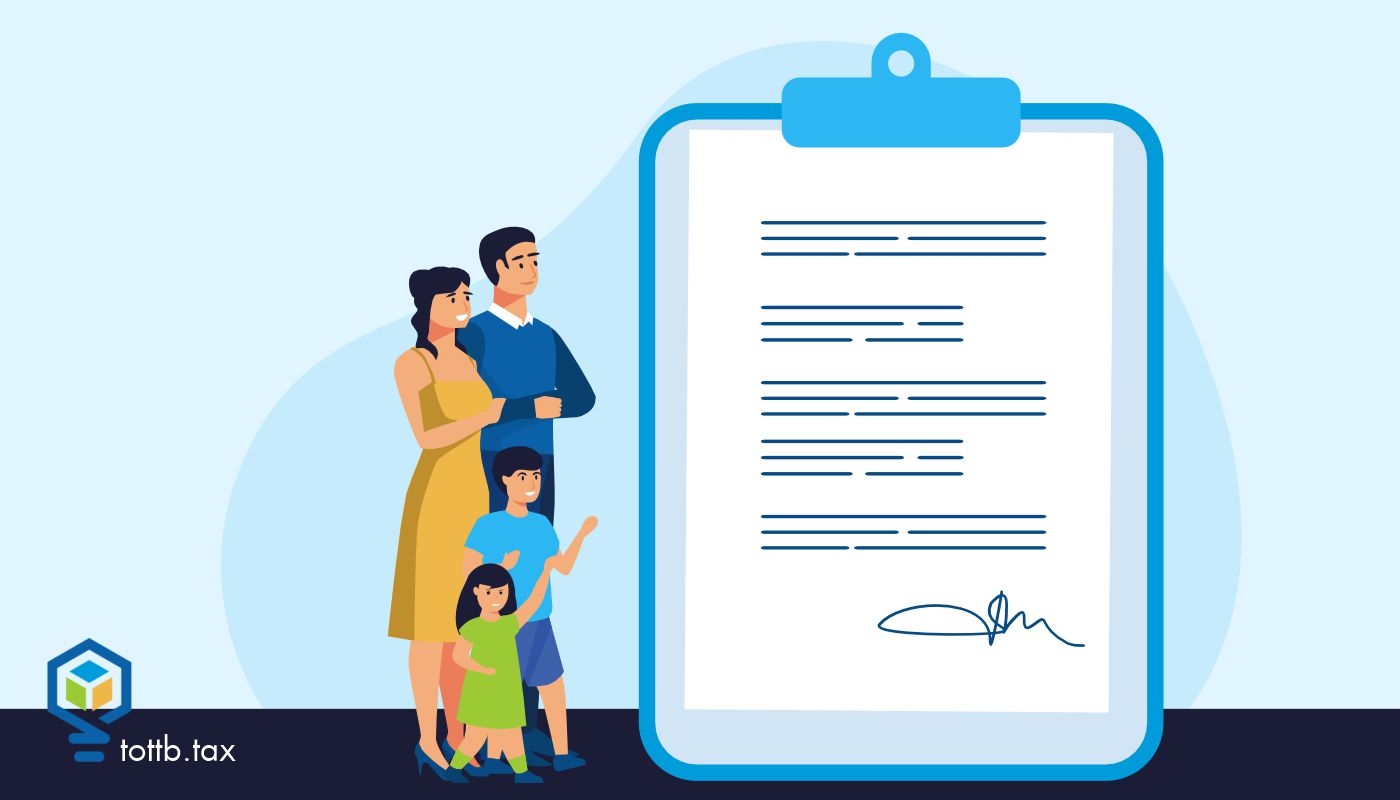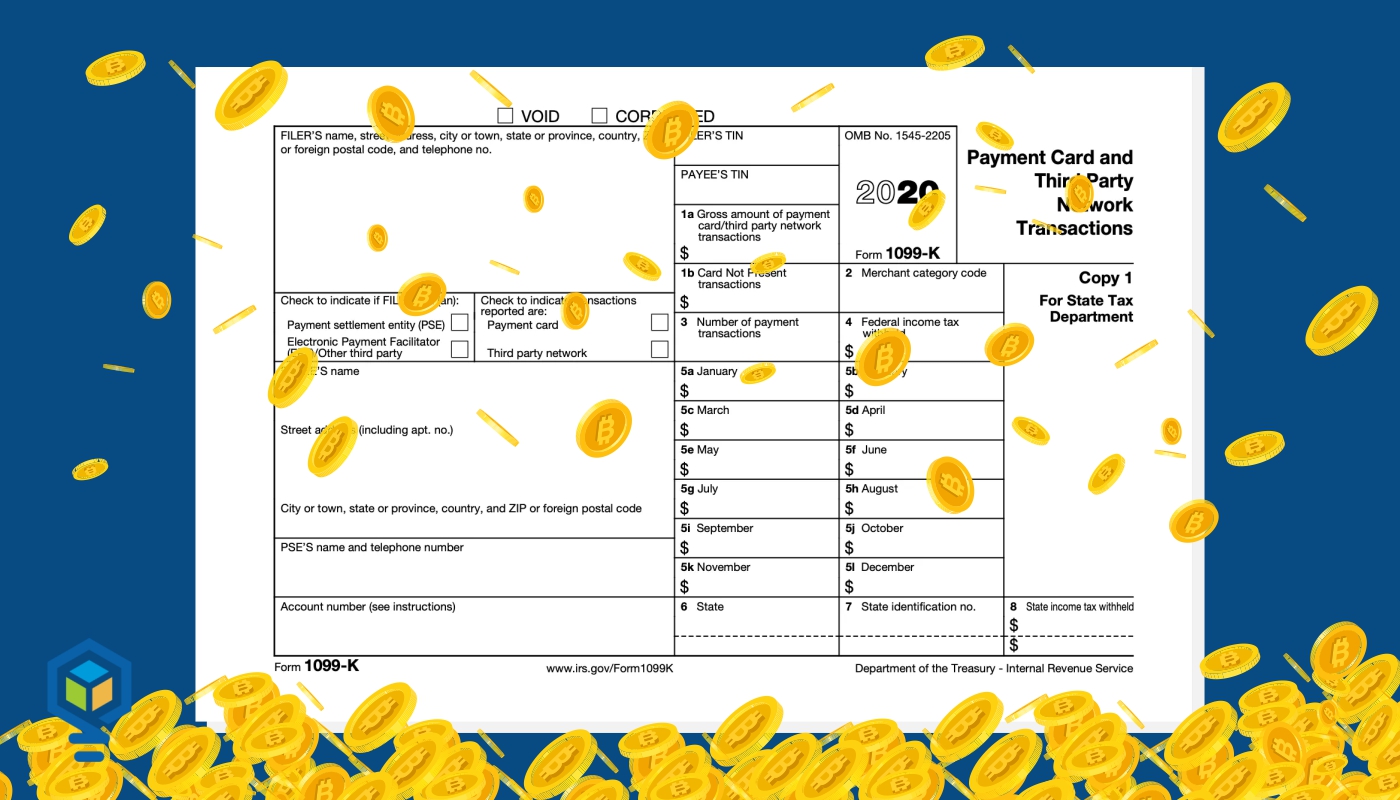CURRENT EDITION

An Analysis of the OBBBA’s Trump Accounts (Part 2)
In part one of this series, I went over the basics of the new retirement accounts for minors, Trump Accounts, which were created as part of the One Big Beautiful Bill Act (OBBBA). Trump Accounts allow the Government, Charitable Organizations, Parents, and others to contribute to a child’s savings, usually on an after-tax basis. These accounts then transition to a traditional individual retirement account (IRA) when the child turns 18. Although the contribution limits act like non-deductible traditional IRA contributions and have a contribution limit of only $5,000 per year, they do not have the same earned income requirements that traditional IRA contributions have. This means that children are able to accumulate savings even without earned income. This article presents several scenarios to examine how Trump Accounts may play into an overall savings strategy for children.
READ MOREClosing the Tax Gap – An Enticing Alternative to Raising Taxes
The tax hikes on wealthy Americans included in President Biden’s economic recovery plan last spring have been a battleground for bipartisan debate for most of 2021. Now, the Senate Republicans have pushed aside the administration's proposal to increase funding for the Internal Revenue Service, for the moment. We will take a closer look at the proposed IRS funding, the reasons it is necessary, and how the same wealthy Americans could end up the most impacted by the proposal.
Read MoreJust Good Business: How to Keep Business Records for Tax Compliance
One of the most common non-tax questions clients ask tax professionals is “How long should I keep this?” “This” could mean bank records, copies of tax returns, or virtually any other piece of business information. This reasonably comprehensive overview focuses on keeping business records for tax compliance, specifically, what to keep and how long to keep it in case a taxing authority ever decides to examine (audit) a business return. Records management is an entire field unto itself! Hiring an in-house records manager is beyond the needs or the budget of most small businesses, but it’s important to understand that proper records management is serious business.
Read MoreOffice in the Home
2020 saw a huge increase in taxpayers working from home. A good internet connection can allow taxpayers in many industries to work almost anywhere. Whether it is because the typical workspace has closed or there’s a need to be home to care for a family member, the shift to working from home can come with substantial tax savings. Claiming the home office deduction allows the taxpayer to take a typically non-deductible expense and make it deductible, reducing the amount of income subject to tax. The most important item to note is the Tax Cuts and Jobs Act of 2017 (TCJA) suspended this deduction for employees until 2025. However, this deduction is still available to taxpayers who are self-employed or independent contractors. (Some states may still allow a deduction for an employee). While it’s not as easy as claiming the expenses and calling it a day, home office deductions provide fantastic ways to get a tax deduction for amounts you ordinarily would spend but are not eligible as write-offs. Keep reading to learn the details and how to deduct things like your homeowner’s association dues, security systems, and other home improvements.
Read MoreThis is How to Increase Your Employee Retention Credit
Are you seeking clarity on whether employee owners can claim the Employee Retention Credit (ERC) tax credit for yourself? Or perhaps you want to know whether qualifying for the Recovery Startup Business bonus is really that easy. You’re in luck! On August 4, 2021, the IRS released Notice 2021-49 to answer our questions related to the definition of wages, majority owner wages treatment, timing of the deduction disallowance, and recovery startup businesses. The ERC has been a phenomenal tax credit getting much needed cash to qualifying businesses using qualifying wages paid between June 30, 2021, and January 1, 2022. It hasn’t been uncommon to see small businesses recovering $50,000 to $200,000 in cash refunds just by claiming the credits for wages paid during 2020. The recovery startup business element of the CARES Act incentivizes new businesses to hire employees by offering up to a possible $100,000 in refundable credits using wages paid in the third and fourth quarters of 2021. This means if you hire seven employees (who are unrelated to you) in your new business, which began after February 15, 2020, and their average earnings are $10,000 for the quarter or more, you can receive up to $100,000 in credits. Naturally, we’ve received a lot of questions related to this lucrative credit and so has the Treasury Department. If you’re wondering how the IRS weighs in on how to maximize these tax credits, keep reading because we have six clear ways to qualify for even more money!
Read MoreEnd of Summer Tax Savings: Summer Home Rentals and Summer Jobs for the Kids
Considering hiring your kids to work in your business or renting property you own to your business to save money on taxes? Both of these strategies can work (and work well), but often those promoting them (the mainstream media, social media, etc.) hold forth heavily on the benefits of the strategies without considering the nuances and fine print that can end up costing money rather than saving it if you end up on the bad side of an audit. Keep reading for how to maximize tax savings on summer homes and summer jobs without getting burned.
Read MoreDon’t Overpay on the Crypto 1099-K
As cryptocurrency grows in popularity, so do the complications of tax reporting. At present, there is no consistent 1099 reporting for crypto transactions. This is primarily because no 1099 form currently exists to adequately report cryptocurrency. The IRS has yet to issue third party reporting requirements to exchanges, so companies must determine on their own what information to report to the IRS and how they will report it. Some exchanges will attempt to report transactions on a traditional 1099-B, but the easily accessible transferability of crypto makes it nearly impossible for an exchange to correctly report basis information. Incorrect reporting can result in the IRS sending an unnecessary CP2000 notice, which can be both expensive and time-consuming for the taxpayer to resolve. Other exchanges issue a 1099-Misc for certain transactions, but again this doesn’t reflect the full picture. Some exchanges choose to issue a 1099-K to customers, showing only the gross proceeds of crypto transactions and also doesn’t show the full picture. Here’s what to do to avoid getting a dreaded notice from the IRS.
Read MoreOwner Employee Wages – Do They Qualify For ERC?
Question: I read the recent IRS Notice, but I’m not sure I understand whether or not an employee/owner’s wages qualify for the ERC. Help! Answer: On August 4, 2021, the IRS released Notice 2021-49 to answer exactly this question – albeit true-to-form in the confusing way only the IRS offers as an explanation. The notice addresses full-time equivalents, how to stack the ERC with tip credits, the timing of adding back wages for tax purposes, and whether a majority owner’s wages qualify for ERC. Is it possible the IRS is favoring orphans in this notice? It certainly appears that way. The original text of the CARES Act referenced the rules for Work Opportunity Credits. Specifically, the act indicates that relationships listed in Code Section 51 apply and, while not explicitly saying only payments made to the list of related parties were ineligible, most readers assumed wages to the owners were not disqualified. Here’s what the guidance now says.
Read More5 Keys to Beating the Biden Tax Increase
Lawmakers have moved even closer to voting on a bipartisan infrastructure bill to build bridges, roads, and national broadband internet as party leaders announced an agreement recently. While Biden’s tax hikes are unpopular, the Senate will need to determine how to pay for the increase in spending. The President’s original $3.5 trillion spending plan calls for higher taxes for those making more than $400,000 per year as well as higher corporate tax rates and changes to capital gains and estate tax. This leaves those benefiting from the current “sale prices” on tax considering their next move. In our previous coverage on this topic, I listed 5 Ways to Avoid Biden’s Capital Gain Increase, but let’s focus here on how to beat the increases to corporate and individual tax rates. The answer might surprise you.
Read MoreNOT A MEMBER YET?

SUBSCRIBE TO GET ALL OF OUR
GREAT ARTICLES AND RESOURCES!
CURRENT EDITION

An Analysis of the OBBBA’s Trump Accounts (Part 2)
In part one of this series, I went over the basics of the new retirement accounts for minors, Trump Accounts, which were created as part of the One Big Beautiful Bill Act (OBBBA). Trump Accounts allow the Government, Charitable Organizations, Parents, and others to contribute to a child’s savings, usually on an after-tax basis. These accounts then transition to a traditional individual retirement account (IRA) when the child turns 18. Although the contribution limits act like non-deductible traditional IRA contributions and have a contribution limit of only $5,000 per year, they do not have the same earned income requirements that traditional IRA contributions have. This means that children are able to accumulate savings even without earned income. This article presents several scenarios to examine how Trump Accounts may play into an overall savings strategy for children.

Another Tax-Smart Way to Save for Retirement
Most clients are familiar with the well-known accounts to save for retirement, such as the 401(k) and IRA. Some clients might be able to supplement those with a lesser-known vehicle as well. A life insurance retirement plan (LIRP) is a type of permanent life policy with a cash value basically funded by overpaying premiums. The money can eventually be taken as a tax-free loan against the policy for anything from medical expenses and long-term care to supplemental retirement income to, for the wealthy, the payment of taxes on large estates.

Taxes & Taxidermy: Rampaging Through The Tax Code On The Back Of A Stuffed Rhinoceros
Is the taxidermy fee for a stuffed bear deductible? If so, should I depreciate it? What would the basis and class life be for depreciation? Those are real questions asked in a group chat with some colleagues. Of course my answer was “It depends.” And, like all good tax professionals, I proceeded to ask a series of follow-up questions. And, like a good writer, that got me to thinking about all of the tax-related case law surrounding taxidermy and what it can teach us—it’s more than one might think.









